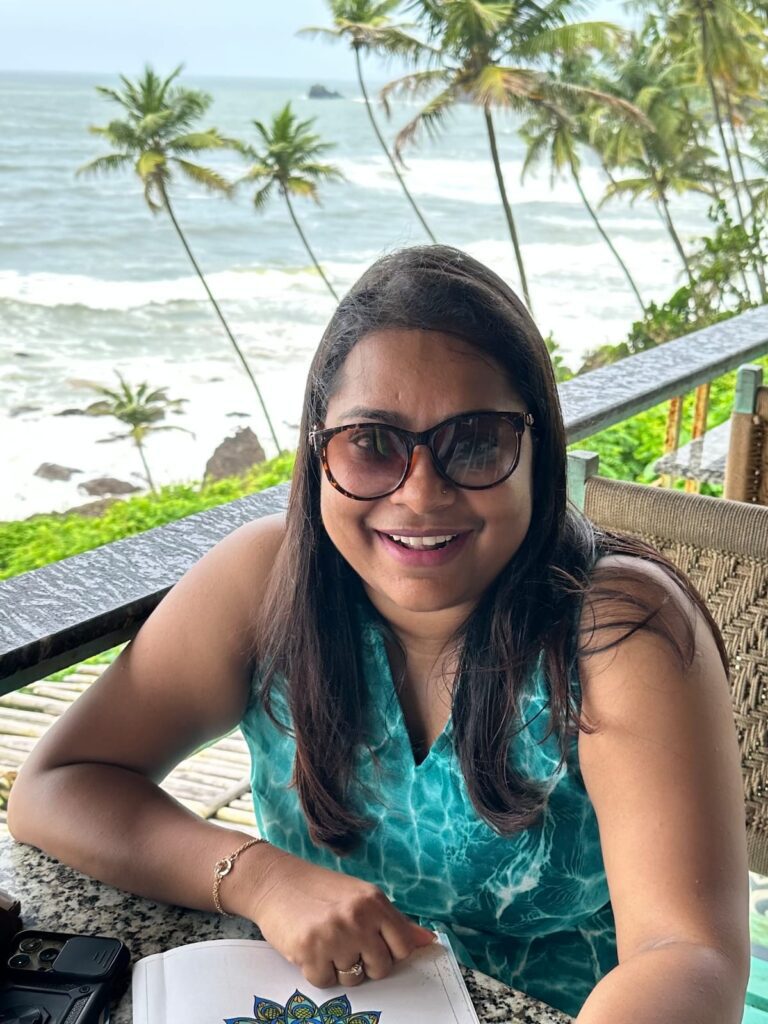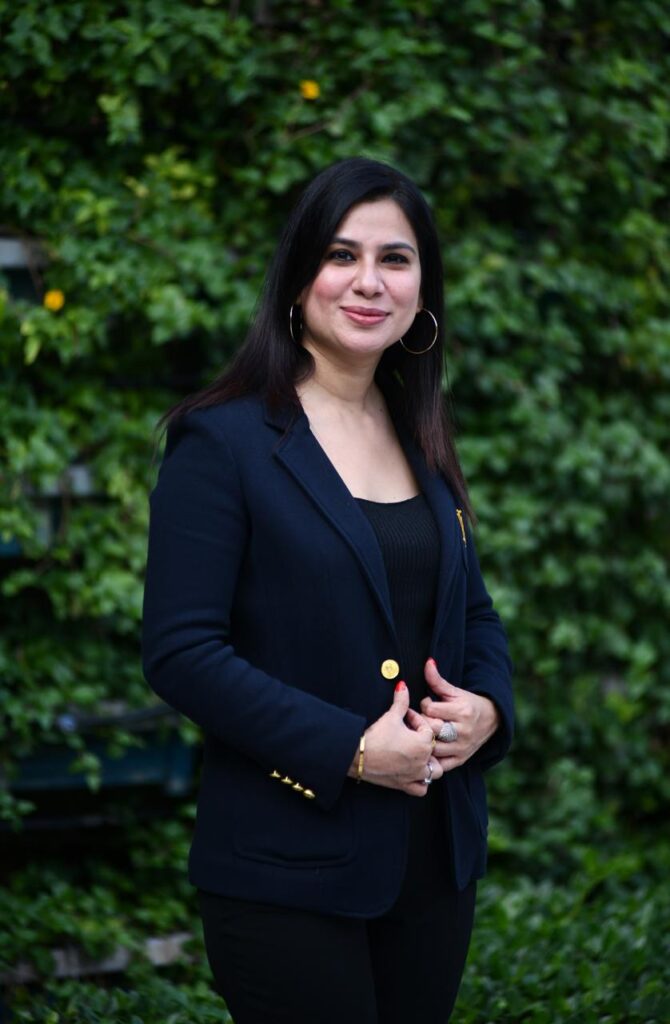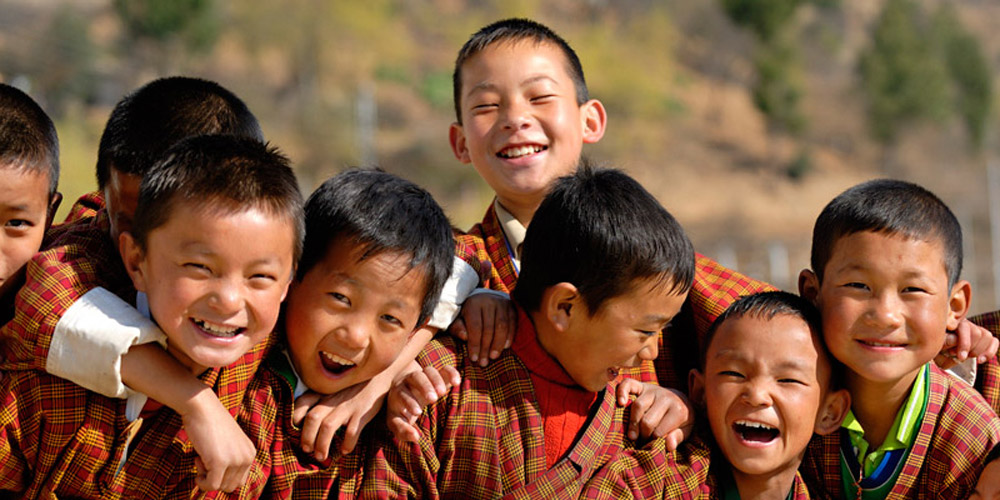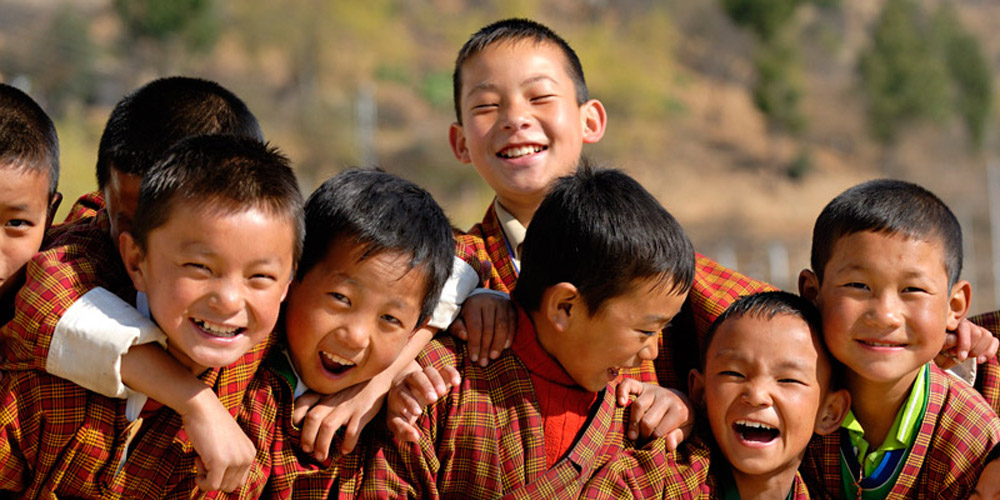Now Reading: The Island That Fights Hard Times with a Festival of Smiling Masks
-
01
The Island That Fights Hard Times with a Festival of Smiling Masks
The Island That Fights Hard Times with a Festival of Smiling Masks
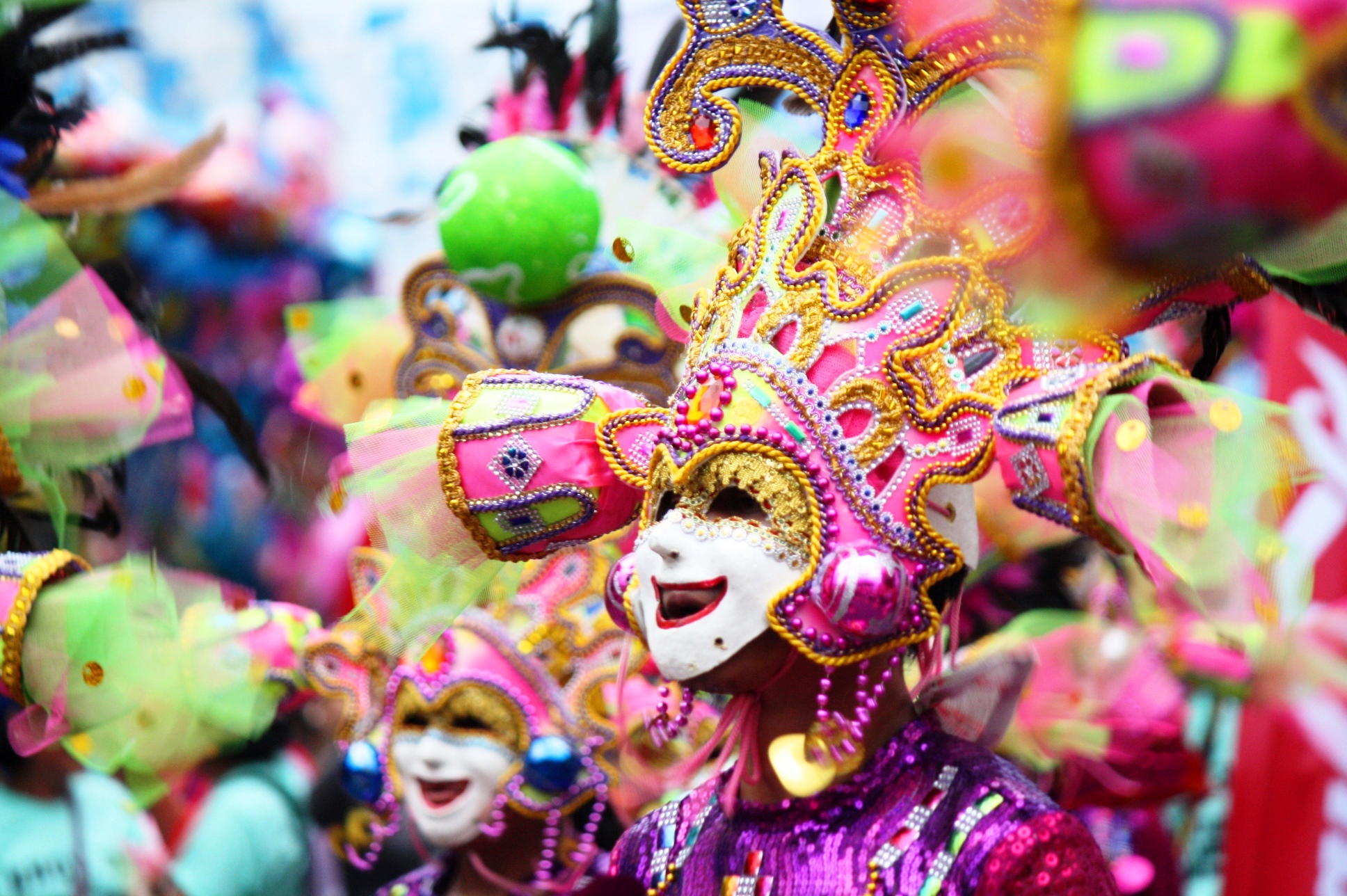
On the Filipino island of Negros, when life threw hardship, the people responded not with protest—but with a festival of joy. Every October, the streets of Bacolod City come alive with colourful masks, dance, and music. It’s called the MassKara Festival, and behind the painted smiles lies a deeper story of resilience, culture, and collective spirit. There’s something here that Tier 2 Indian cities can learn from.
How the Festival Began
The MassKara Festival wasn’t born out of abundance—it came out of crisis. In the 1980s, Negros faced economic collapse after sugar prices plummeted, followed by a tragic ferry accident that killed hundreds of locals.
Instead of sinking into despair, the city decided to hold a festival to uplift spirits. People wore smiling masks, danced in the streets, and slowly turned grief into unity.
It wasn’t about ignoring reality. It was about reminding themselves and each other that even during pain, there could be celebration.
What Happens During MassKara
Today, the festival is a massive cultural event. The streets are filled with performers wearing vibrant costumes and masks with huge smiling faces. There are parades, music competitions, food fairs, and dance contests that go on for days.
The mask is symbolic—it represents optimism, strength, and the ability to keep going no matter what.
The entire community participates. Local artists design the masks, students and workers join dance troupes, and shopkeepers turn their storefronts into mini art installations.
It’s not just entertainment—it’s tradition stitched with identity and pride.
Relevance to Indian Cities
Cities in India, especially Tier 2 ones, often deal with economic stress, migration, unemployment, and social fragmentation. But what if, like Bacolod, they responded with unity and expression instead of disconnection?
Community-driven festivals that involve everyone—from slum neighbourhoods to middle-class colonies—could do more than entertain. They could build civic pride, boost local economies, and preserve culture.
Also, Indian cities are rich with folklore, crafts, and unique histories. Celebrating these through inclusive, well-organised festivals can strengthen social ties and attract cultural tourism without heavy spending.
Looking Beyond the Masks
While the festival is colourful and joyous, it hasn’t erased the challenges Bacolod faces. But it has created a strong civic identity—one where people know they can come together in tough times.
That’s powerful. And it’s something missing from many modern urban experiences, where people live next to each other but don’t feel connected.
Whether it’s through art, dance, or food, collective participation in something meaningful has lasting emotional impact.
Conclusion
The MassKara Festival is more than a tourist attraction—it’s a reminder that celebration can be a form of healing. As Indian cities grow and face their own share of crises, maybe it’s worth asking: what brings our people together, not just to survive, but to smile through the storm?









